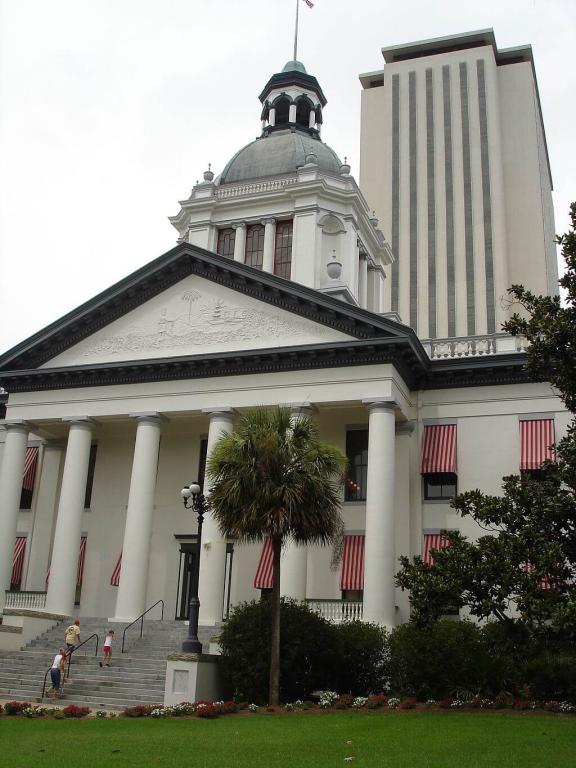This weekend’s discussion topic: What do you think about Florida Gov. Ron DeSantis and the state legislature taking away Disney World’s special privileges in retaliation for the company’s opposition to the new law forbidding schools to teach about homosexuality to third graders? (Read this for background.)
My first reaction was satisfaction. My second reaction was to question my first reaction.
First reaction: You progressives have been cancelling us conservatives, preventing us from putting forward our opinions. Now we will cancel you, Mickey Mouse! Second reaction: But we have been making that argument in the name of free speech. Doesn’t Mickey Mouse and his corporate keepers have free speech too?
I also had a reaction that is more durable and that I stand by, plus a Constitutional questions that perhaps some of you might help me with.
Durable reaction: So the Disney corporation had been given the right to govern itself as its own county, immune from many state laws, regulations, and the democratic process? That is outrageous–a violation of the rule of law and a gross example of improper collusion between a big corporation and the government–and should never have been granted in the first place. So it makes sense to eliminate such deals, which, I understand, are also being made with some high tech companies in California and other states.
Constitutional question: The Constitution, which protects our liberties in more than just the Bill of Rights, says,
No Bill of Attainder or ex post facto Law shall be passed. (Article I. Section 9. Clause 3)
A Bill of Attainder is defined as “an act of a legislature declaring a person, or a group of people, guilty of some crime, and punishing them, often without a trial.” In Merry Olde England, Parliament would sometimes pass a law against a person. This was a way of punishing someone or the group he belonged to without a trial. In effect, it was using the legislature to usurp the role of the judicial system. Bills of Attainder were passed to seize the property of disfavored individuals and even to execute them. Pushing through an act of parliament against them was what King Henry VIII did to behead people without trial, including one of his wives.
So the authors of our Constitution forbade that practice as tyrannical. Laws must be general in application and can’t target a specific person or entity. And lawful punishments must be carried out by the judicial system, with all of its processes and safeguards to protect the rights of the accused, not by the legislative branch.
It seems to me, the law targeting Disney would be a Bill of Attainder. As has been noted, the law was written to sound general, not mentioning Disney by name but eliminating any special district established before November 5, 1968. Disney’s exemption was granted in 1967. But doesn’t the history of the bill and its stated intent indicate that it is, actually, a Bill of Attainder, a law passed to punish a company and its executives?
I’m no constitutional lawyer, so maybe it isn’t. Please enlighten me. I do think we need to watch out for surreptitious Bills of Attainder and hew closely to the constitutional prohibition against them, since all sides would probably be glad to use them against each other.
A More General Question: The Disney affair is a good example of what we started the week off with, the mirror image phenomenon. Two opposed sides end up using the same tactics.
I have heard it said that since progressives are determined to silence and punish conservatives, conservatives must respond in kind. If conservatives don’t fight and play hardball, they will be eliminated. This is no time to stand on principles, such as defending free speech when free speech is being used to destroy us. That is to say, “the constitution is not a suicide pact.”
Or do we really need to go by the Constitution and our highest principles no matter what?
Now tell me what you think about all of this. . . .
Photo: Florida State House: No machine-readable author provided. GlobeTrotter~commonswiki assumed (based on copyright claims)., CC BY-SA 3.0 <http://creativecommons.org/licenses/by-sa/3.0/>, via Wikimedia Commons













